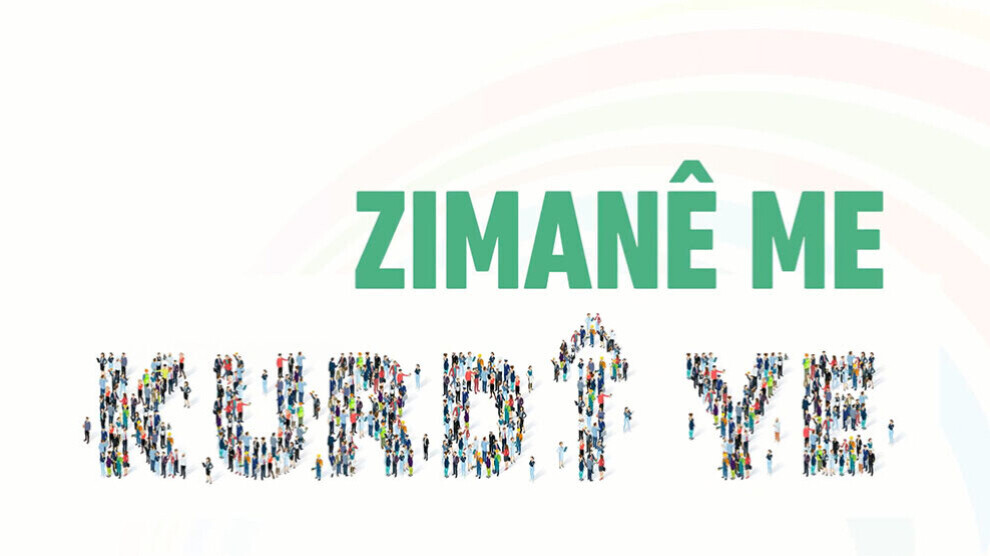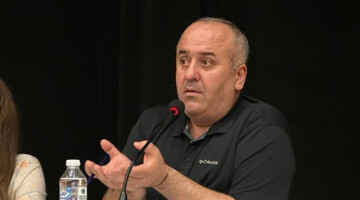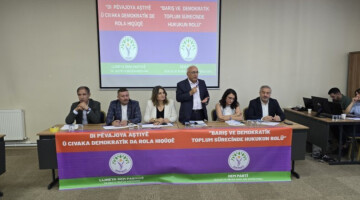A historic step is being taken for Kurds living in Europe: the first Kurdish university outside Kurdistan is set to begin academic life in 2026.
The team conducting the establishment work is focusing on budget preparation, course program development, and strengthening the educational infrastructure. With the board of trustees already formed and administrative bodies in their final stages, the project aims to begin teaching in the 2026 academic year.
Dr. Yûnis Behram, President of the Deutsch‑Kurdisches (German-Kurdish) Forum e.V., emphasized that the initiative is not merely a higher education project, but a cultural and academic turning point for the Kurdish community in Europe. Behram recalled that the idea of a Kurdish university first emerged during the Rojava Revolution, stating, “When the first primary schools offering Kurdish-language education were established, families began asking, ‘How will our children continue their university education?’ Today, we are at the stage of providing a concrete answer to that question.”
Behram stated that they initially set out with the idea of establishing a “Kurdology Institute” in Germany, but that the process eventually turned into a goal of establishing an independent university, with support from Kurdish and German academics, diplomats, and politicians. According to the founding committee's schedule, the university will complete its preparations by the end of 2026 and accept its first students.
The language of instruction will primarily be Kurdish, with courses offered in both Kurmanji and Sorani dialects. Programs such as social sciences and engineering will employ a trilingual model that includes German and English in addition to Kurdish. The university plans to offer a wide range of undergraduate and graduate programs outside of the medical faculty, with particular emphasis on Kurdish studies, literature, social sciences, and engineering.
The project will also create new opportunities for students with a Kurdish high school diploma in Rojava (Northern Syria) and Bashur (Northern Iraq). After completing an online application and examination process, students will be able to obtain diplomas that are valid in Germany and internationally. The university's status will be equivalent to that of other higher education institutions in Germany, and its academic quality assurance system will be operated in accordance with German standards.
Long-term goals include the development of a common academic Kurdish language between the Kurmanji and Sorani dialects.
Yûnis Behram said, “This university is not just an educational institution, but the first institutional initiative in Europe for the Kurdish language and identity. It will strengthen cultural and academic cooperation between German and Kurdish communities and contribute to making Kurdish more visible in the public sphere.”
The new Kurdish university aims to establish a structure that complies with German higher education standards, from its financing model to its academic staff, while also providing young people in Europe and the Kurdish region with access to high-quality, multilingual education. Once the establishment process is complete, it will mark the beginning of a new era for Kurdish higher education in both Europe and the Middle East.














